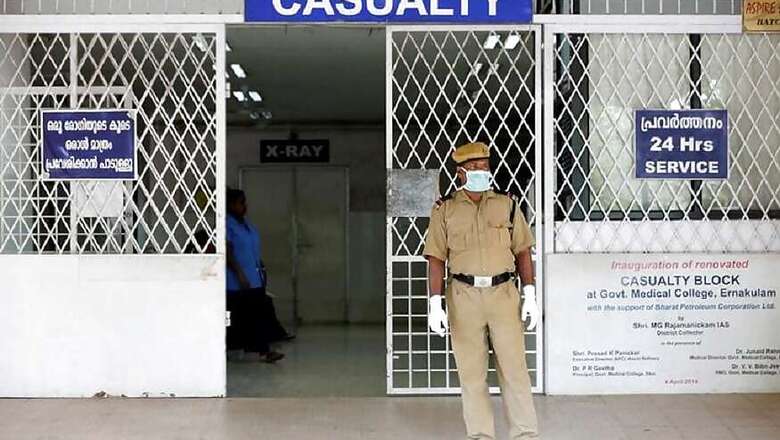
views
New Delhi: Mohammad Shabuddin, a resident of Delhi, listens on as intended beneficiaries of the government’s national health protection plan speak with the medical coordinator of the Ayushman Bharat - Pradhan Mantri Jan Arogya Yojana (PM-JAY). Dr Pratish Rana of Delhi’s Ram Manohar Lohia Hospital, the nodal officer in charge of coordinating with entitled beneficiaries, is in the process of wrapping up the file of patient Zikra, a two-year-old from Hardoi in Uttar Pradesh, who has availed benefits of the programme, popularly known as Modicare.
Javed and Tazmeen are the parents of Zikra who has just had heart surgery to rectify a congenital defect. The operation was successful, and the young couple will return to Hardoi soon with their child.
Shabuddin, a daily wage labourer in his 40s, is in RML Hospital for the treatment of his son, a blood cancer patient. Shabuddin has lived all his life in Delhi but simply cannot understand why he is not getting an opportunity to avail free and cashless treatment under the Ayushman Bharat scheme. “How is it that these people from Hardoi (referring to Javed and Zikra) are able to come here and get treatment and not me?” he asked us, his tone an odd concoction of anxiety and frustration.
India’s creaky public health system is plagued by a dearth of hospitals and doctors and most people use private clinics and medical centres if they can afford to. However, many private institutes are high-priced and too expensive for those from the underprivileged sections.
Javed, meanwhile, has spent barely forty thousand rupees over a period of almost two years. “This surgery would have cost me at least six lakh rupees in a private hospital. Even in a government institute, it would be partially subsidised. But under this scheme, it is almost free,” he said.
The Hardoi resident is an entitled beneficiary of PM-JAY. A cobbler by profession, his monthly income is about ten thousand rupees. The cashless treatment of Zikra, his only child, has come as a huge relief.
Tertiary care, offered free, cashless under the Pradhan Mantri Jan Arogya Yojana, PM-JAY, or Ayushman Bharat scheme, is not extending its benefits to the people living in Delhi. Similarly, this benefit is not extended to residents of Telangana, Odisha and West Bengal. Health is a state subject, and so far these states have declined joining the central government-led scheme (jointly funded by the state) under the National Health Authority.
The result is residents of these states, like Shabuddin, are denied the benefits of cashless treatment. He is one among many people in the country who could enjoy this facility, up to five lakh rupees, for free, every single year. The government of India has, as per the 2011 socio-economic Census data, identified beneficiaries in states that have joined hands with the central government. As of today, 32 states and union territories have teamed up with the Centre to ensure that this entitlement-based scheme reaches 10.74 crore poor and deprived families. An entire household gets a cover of five lakh rupees per year.
However, states that have rejected the central scheme have their own defence. Chief minister Arvind Kejriwal has turned down the proposal of implementing the PM-JAY programme in Delhi, saying the existing health scheme has wider coverage and is “10 times bigger than Ayushman Bharat”. The Delhi government has argued that its healthcare plan caters to both the middle class and the lower- income groups without any discrimination. There is no cap on expenditure, unlike Ayushman Bharat. Also, the argument is that if the central scheme were to be implemented in Delhi, only 10 per cent of the population would get the benefits since the minimum income criteria for an Ayushman Bharat beneficiary is Rs 10,000 per month.
The National Health Authority, the governing agency implementing Ayushman Bharat, has rejected some of these claims. The body says that there is complete flexibility, considering the federal nature of the country where health is constitutionally a “state subject”. The scheme gives the freedom to states to decide the mode of implementation – either the insurance model where states engage with an insurance company to purchase healthcare services, or a trust model where the services are purchased directly by the state-run agency. There is also the mixed model that incorporates use of insurance company for one part and trust for the other.
In fact, a series of letters has been exchanged between the Delhi chief minister and union health minister Dr Harsh Vardhan. Telangana and Odisha have also not adopted the scheme. West Bengal opted out. Harsh Vardhan has written to the chief ministers of Telangana and Odisha as well.
“Under Ayushman Bharat, the expenditure is zero. It is a cashless scheme. There are other schemes as well in state government hospitals, but that is subsidised treatment. This is free. That makes a lot of difference,” explained Dr Rana. The nodal officer, who coordinates on a daily basis with entitled beneficiaries of the programme, says the Centre-run RML Hospital till today has treated more than 350 patients for free under Ayushman Bharat. “It is difficult for us to explain to the people of Delhi why they are deprived. Unfortunately, because health is a state issue, there is little we can do,” he said.
“It is a net lose-lose situation for anyone not wanting to adopt the scheme,” said Dr Indu Bhushan, CEO of Ayushman Bharat, adding that he will continue to reach out to them.
Sources within the government also explained how PM-JAY can be incorporated with the existing health schemes in states. Rajasthan is an example. The state has incorporated its Bhamashah Yojana, brought during BJP leader Vasundhara Raje's stint as chief minister, along with Ayushman Bharat, naming the consolidated programme the Ayushman Bharat Mahatma Gandhi Rajasthan Health Insurance scheme.
The biggest advantage of Ayushman Bharat cards or e-cards is that these are portable, says the central government. About forty thousand portability cases have been documented in the last one year. These are patients using their e-cards to avail of medical facilities in cities which are not their home, and this is a big advantage, especially for migrant workers, which is missing in state health plans.
Odisha, again a state that is examining the central programme, has pointed out certain flaws, saying that the existing Biju Swastya Kalyan Yojana has special provisions like an extra Rs 2 lakh cover for women, which the Ayushman scheme lacks.
Speaking to News18, Dr Indu Bhushan said that, as far as Odisha is concerned, there is room for convergence on the existing scheme.
Telangana too has raised concerns about the rather “narrow ambit” of PM-JAY, saying that its Aarogyasri scheme benefits more people.
West Bengal opted out, refusing to pay its share of the expenditure, and the situation has reached a stalemate, say sources.
A total of 47 lakh people have benefited under the PM-JAY programme in its first year, says the government. Over 10.74 crore vulnerable entitled families have been issued e-cards and the government says efforts are being made to not just increase the number of beneficiaries but also boost awareness which ground-level officers say is a teething problem. The National Health Authority says that PM-JAY has rolled out for the bottom 40 per cent of the poor, and the intention is to increase the number of beneficiaries because even those people who have not been identified under the socio- economic caste Census data of 2011, for example people covered under the Rashtriya Swasthya Bima Yojana, are getting the benefits of PM-JAY.











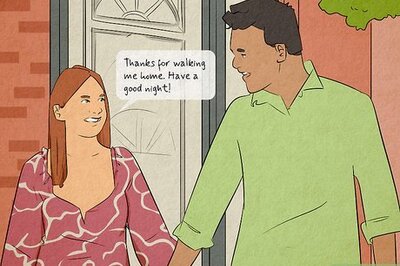

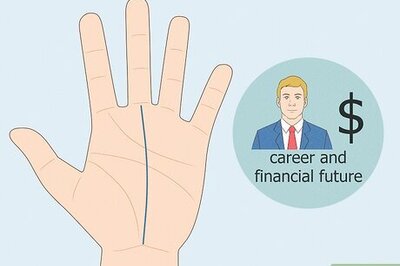
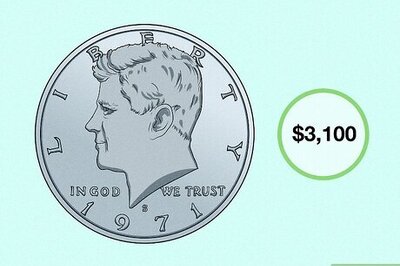

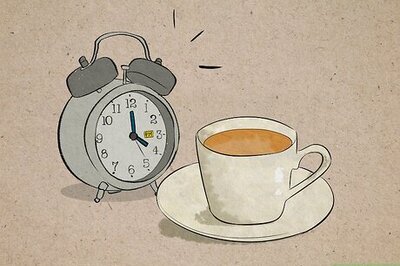

Comments
0 comment